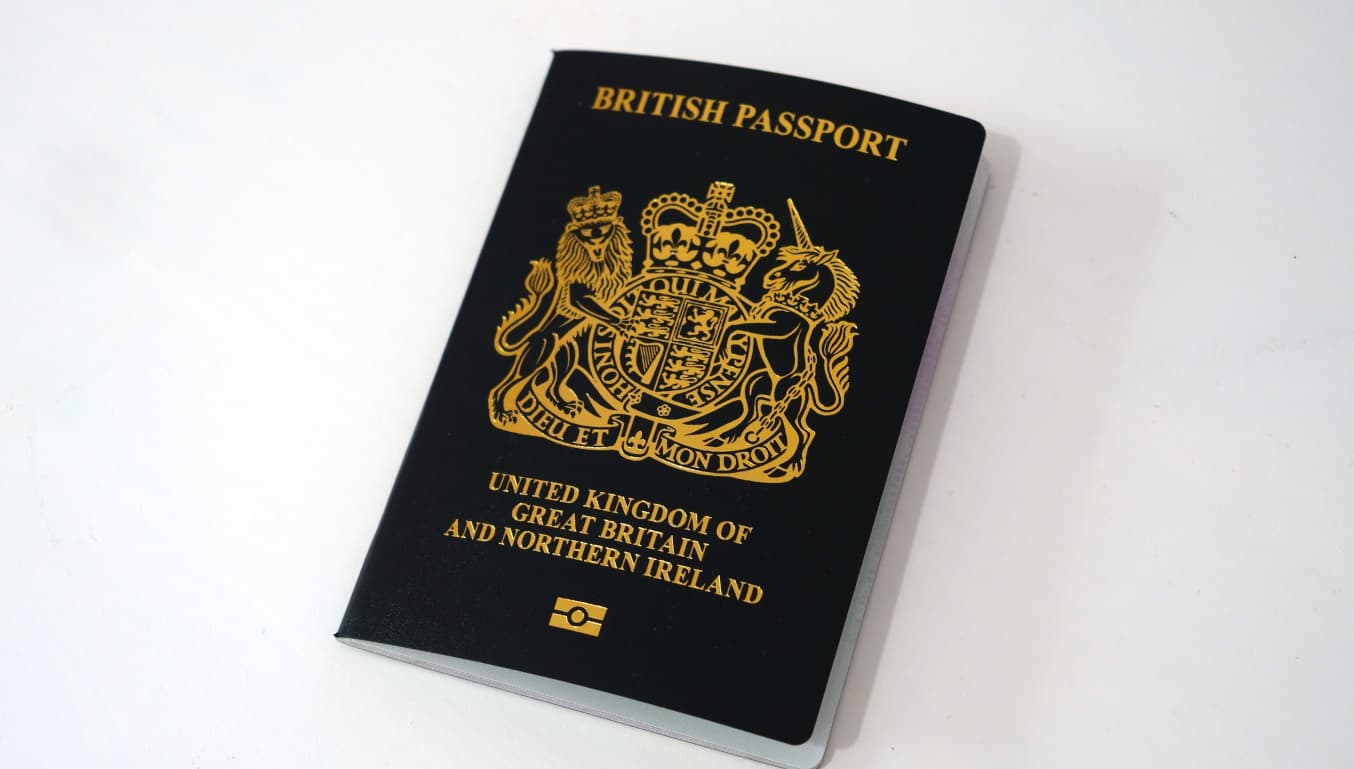An unlikely contender to the list of key Brexit issues has been the burgundy British passport. Ardent Brexiters have advocated for the return of the ‘blue’ passport, which to their delight is set to return this year. Whilst the burgundy passports, including those which state European Union, will continue to be valid until their expiry dates, there are some key exceptions.
As a starting point, all British passports will remain valid for travel to the UK until January 2021. This means that the freedom of movement rules apply, and you are able to travel until the expiry date stated on those passports.
However, from 1 January 2021, new rules will apply. This means that you must have at least 6 months remaining on your passport (this includes both adults and children) for travel to most European countries (except Ireland – where the previous rules remain valid).
More importantly, the relevant expiry date for the passports will be 10-years from when the passport was originally issued. As such, if you renewed your passport before its expiry, and gained ‘extra months’, these extra months may not count. This could potentially cause a major issue for certain travellers as this rule does not line up the normal rules of expiry.
If you have had extra months which means you have less than 6 months from the original 10-year limit, or simply have less than 6 months left on your passport, you must renew your passport if travelling after 1 January 2021.
From 1 January 2021, new rules will apply
We expect a steep rise in passport applications for 2020 as a result of this rule, and from EU nationals who have now had settled status for more than a year.
When can I get a blue passport?
The ‘blue’ passport is expected to roll out from March 2020, but you can still expect a burgundy passport throughout 2020, as the government utilises the unused burgundy stock. Therefore, there is likely to be a mixture of both passports for this initial phase.




